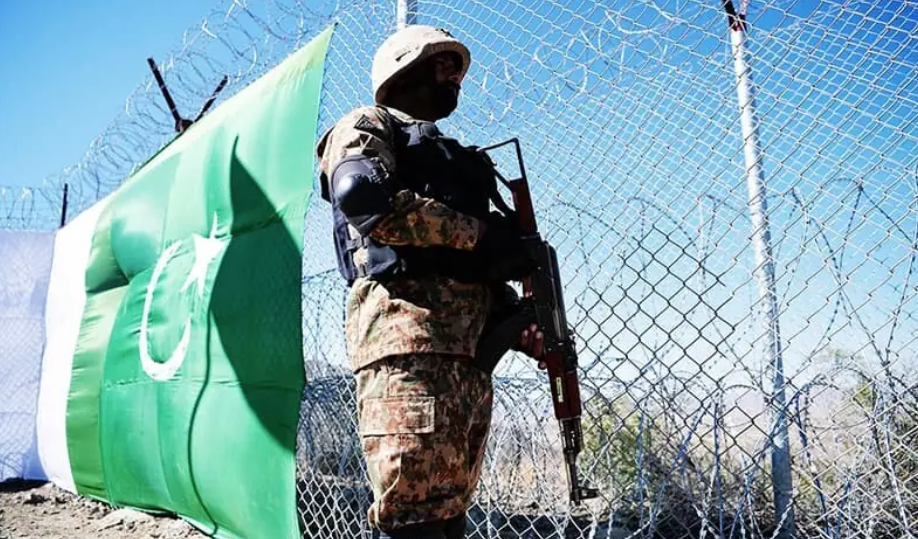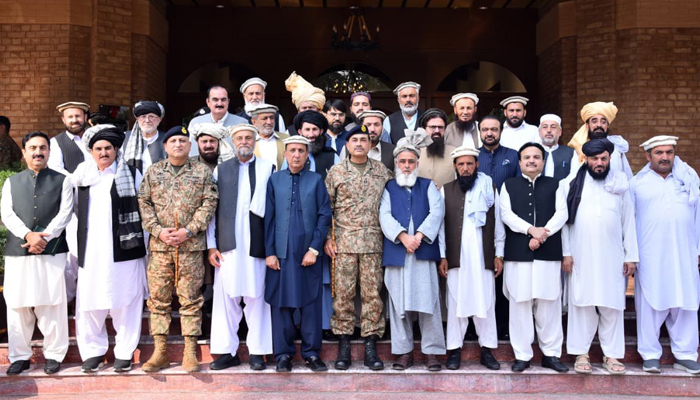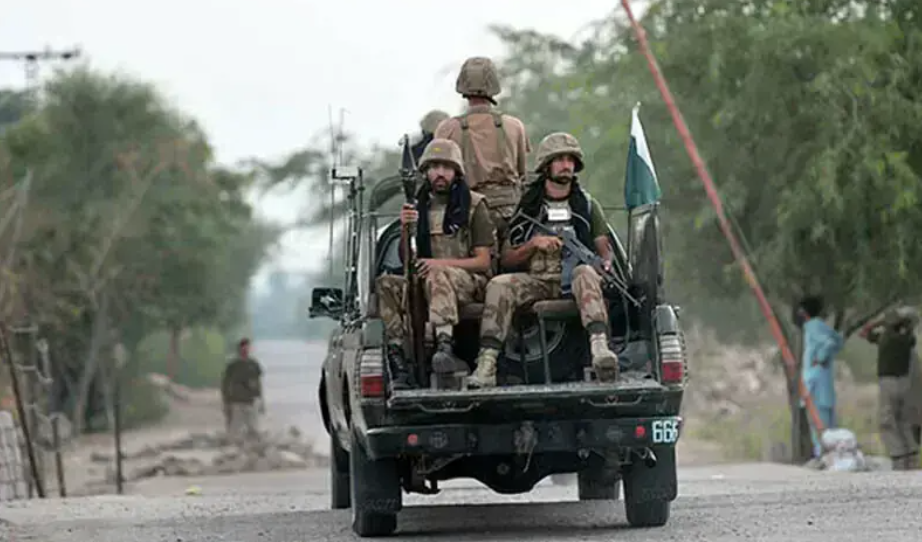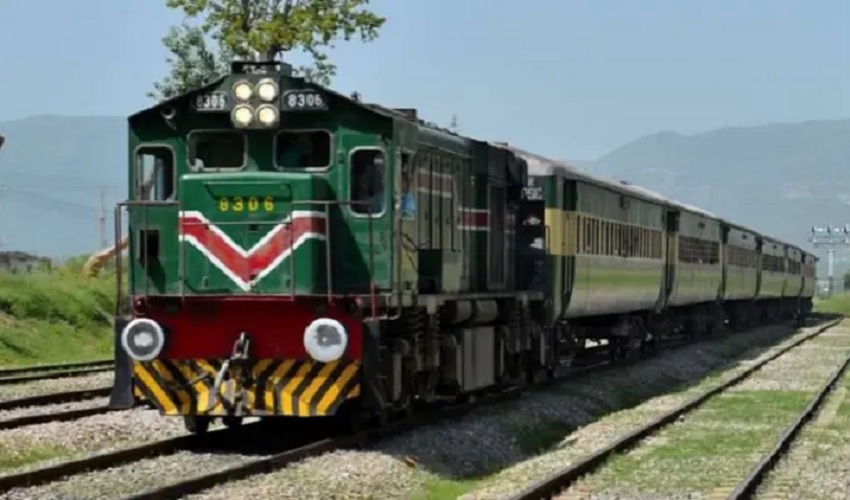MILITARY

Defence Minister Khawaja Asif on Thursday said that stalled talks between Pakistan and Afghanistan over cross-border terrorism could resume if Kabul demonstrates a change in its stance and commitment to preventing militant attacks from its soil.
In an interview with Geo News, Asif confirmed that the Pakistani delegation remains in Istanbul, where negotiations had begun last week between Pakistani officials and the Afghan Taliban under the mediation of Turkiye and Qatar. However, he admitted that discussions had reached a stalemate due to Islamabad’s long-standing concerns about terror attacks emanating from Afghanistan.
“While the talks have not begun [again], our delegation is still in Istanbul,” Asif said. “Discussions could still restart if there is some development that indicates a material change in Kabul’s attitude on the insistence of these two friendly countries.”
He reiterated Pakistan’s key demand — that Afghan territory must not be used to launch attacks against Pakistan, nor should Kabul back groups responsible for such acts. “If an understanding can be reached on that, it will be a good thing,” he added, but noted there had been “no breakthrough so far.”
Asif revealed that defence and intelligence officials from Turkiye and Qatar were continuing efforts to break the impasse. The Pakistani delegation, he said, had even reached Istanbul airport to return home before the mediators requested “one more chance” to restart the dialogue.
“They [Turkish officials] offered to speak to Kabul’s delegation and pave a way out,” the minister said.
While emphasizing the importance of trade and investment between Pakistan and Afghanistan, Asif also issued a strong warning. “It is in Kabul’s hands to play a constructive role,” he said. “But if they insist on becoming a proxy of India and backing the destruction of Pakistan’s peace, then so be it.”
Earlier, security officials had confirmed that Pakistan had agreed to extend its stay in Istanbul at the request of the mediators. “It was decided to give another chance to peace,” an official said, while stressing that any discussions would focus on Pakistan’s “main demand” — verifiable and effective action against terrorists operating from Afghan soil.
Growing Strain in Pak-Afghan Relations
Tensions between Pakistan and Afghanistan have sharply escalated in recent weeks following a series of border clashes, mutual accusations, and strikes on militant hideouts.
A first round of Pakistan-Afghanistan talks mediated by Turkiye and Qatar in Doha (October 18–19) had managed to extend a temporary 48-hour truce after intense border fighting. However, the second round of negotiations in Istanbul “failed to bring about any workable solution,” Information Minister Attaullah Tarar said on Wednesday.
The deadlock prompted Asif to warn Kabul that Pakistan could conduct strikes deep inside Afghan territory if cross-border terrorism continued.
Obstacles to Agreement
According to the defence minister, Afghan Taliban representatives admitted that the banned Tehreek-i-Taliban Pakistan (TTP) uses Afghan soil to carry out attacks in Pakistan. However, they reportedly refused to provide any written assurance to halt such activities.
Asif clarified that Pakistan had not been asked to include the TTP in the talks — and would have rejected such a proposal had it been made. He alleged that Kabul remained in close coordination with India, which was “actively working to derail progress” and “pulling the strings” behind the scenes.
In a separate interview with Al Arabiya, Asif accused New Delhi of “waging a low-intensity war against Pakistan from Afghan territory,” claiming India was “trying to settle the score” after the May conflict with Pakistan, “where it was defeated.”
Focus of the Istanbul Dialogue
The Istanbul talks initially aimed to finalise a monitoring mechanism for Afghan Taliban action against cross-border militants. The proposed agenda included:
· Dismantling TTP sanctuaries and arresting or expelling key figures.
· Setting clear timelines for operations, arrests, and destruction of safe houses.
· Establishing joint intelligence-sharing and real-time monitoring systems.
· Introducing third-party oversight, potentially co-chaired by Turkiye and Qatar, to verify progress.
Pakistan also sought binding assurances from Kabul against granting safe havens to anti-Pakistan groups, improving border management, ensuring financial transparency of militant networks, and holding regular review meetings to assess compliance.
For now, Islamabad awaits signs of goodwill from Kabul — a signal, Asif said, that could “pave the way for meaningful peace and security in the region.”




